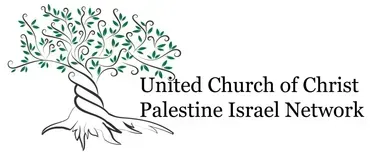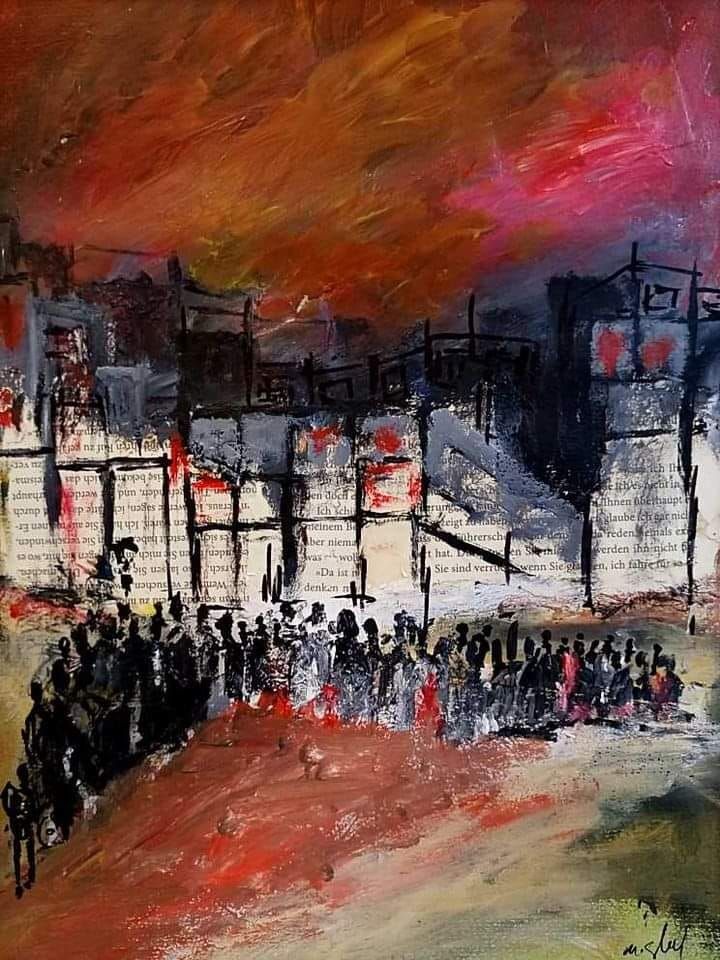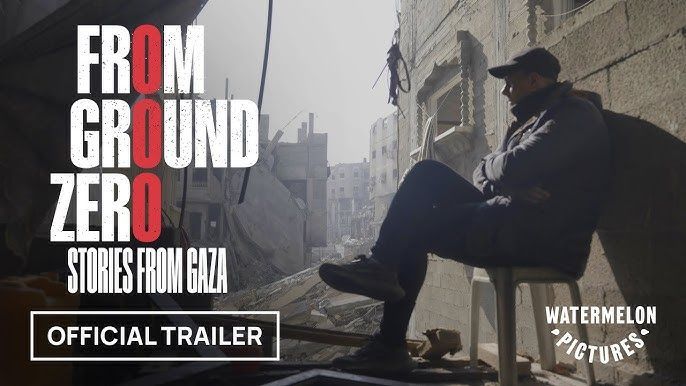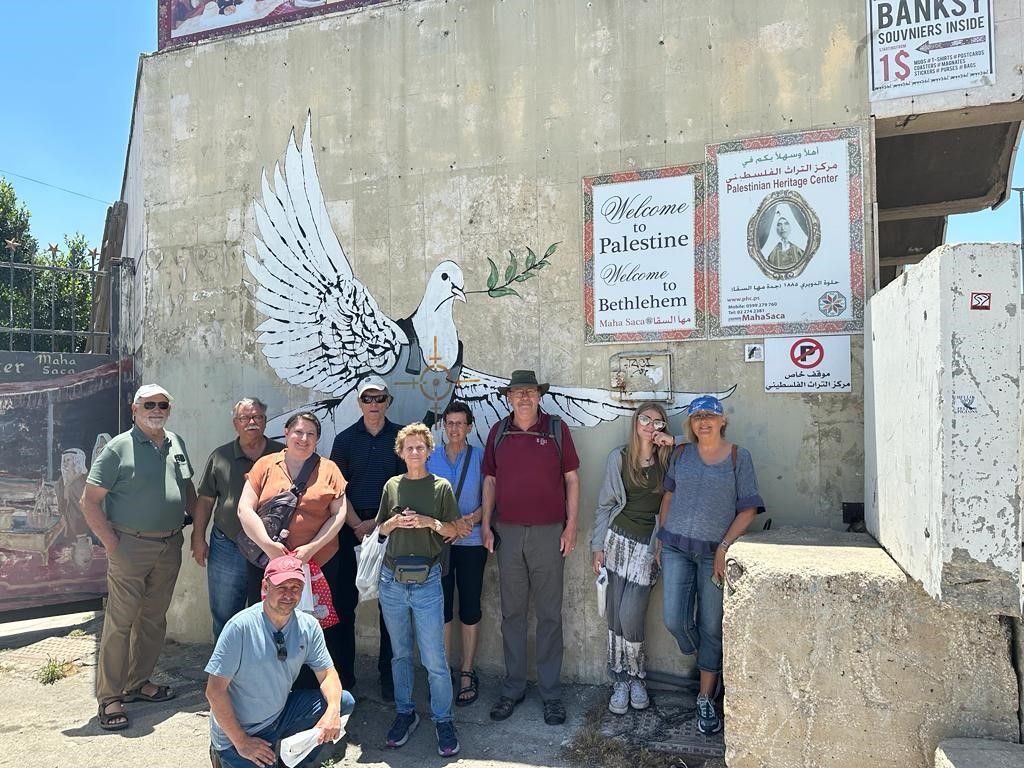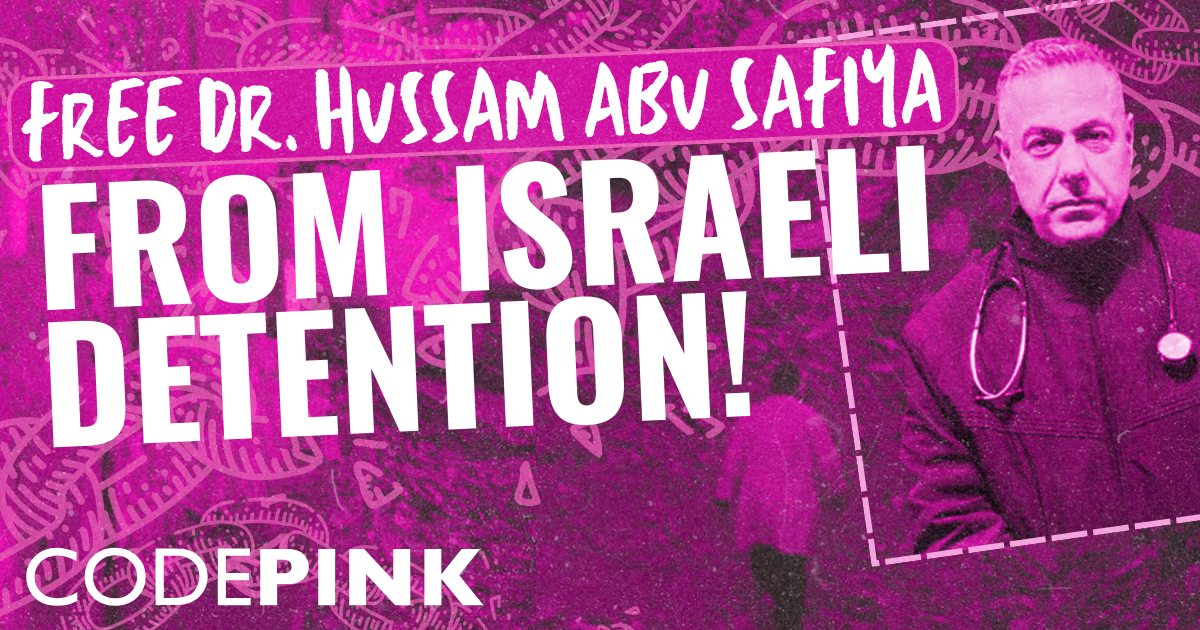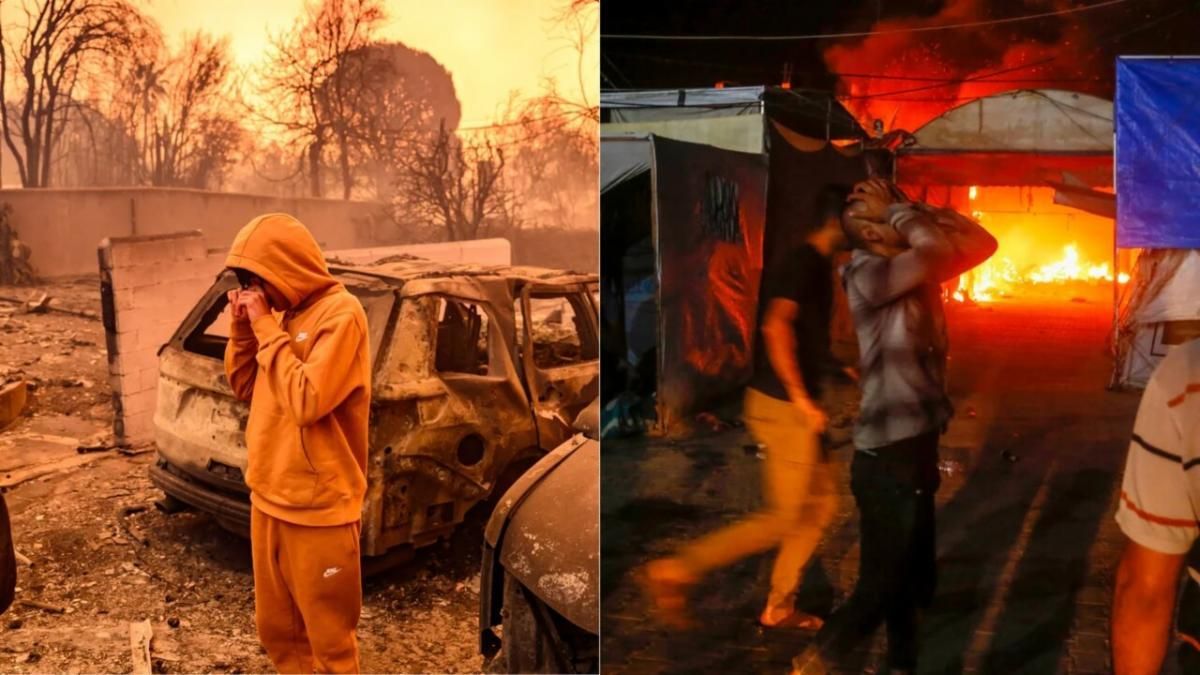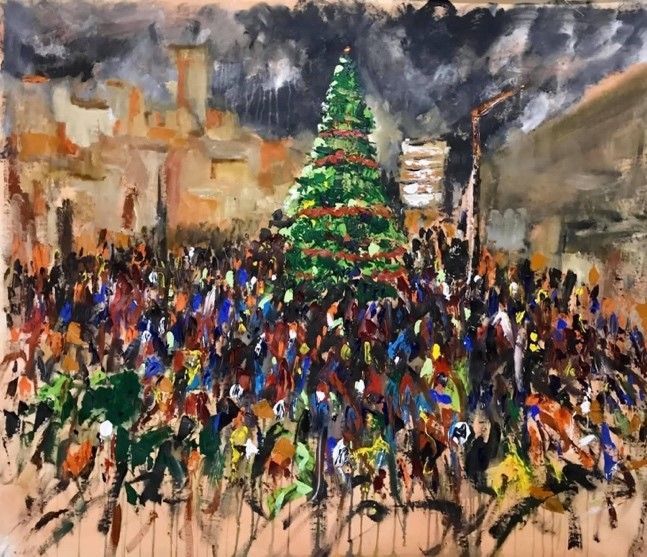The Resistance of Art; the Art of Resistance
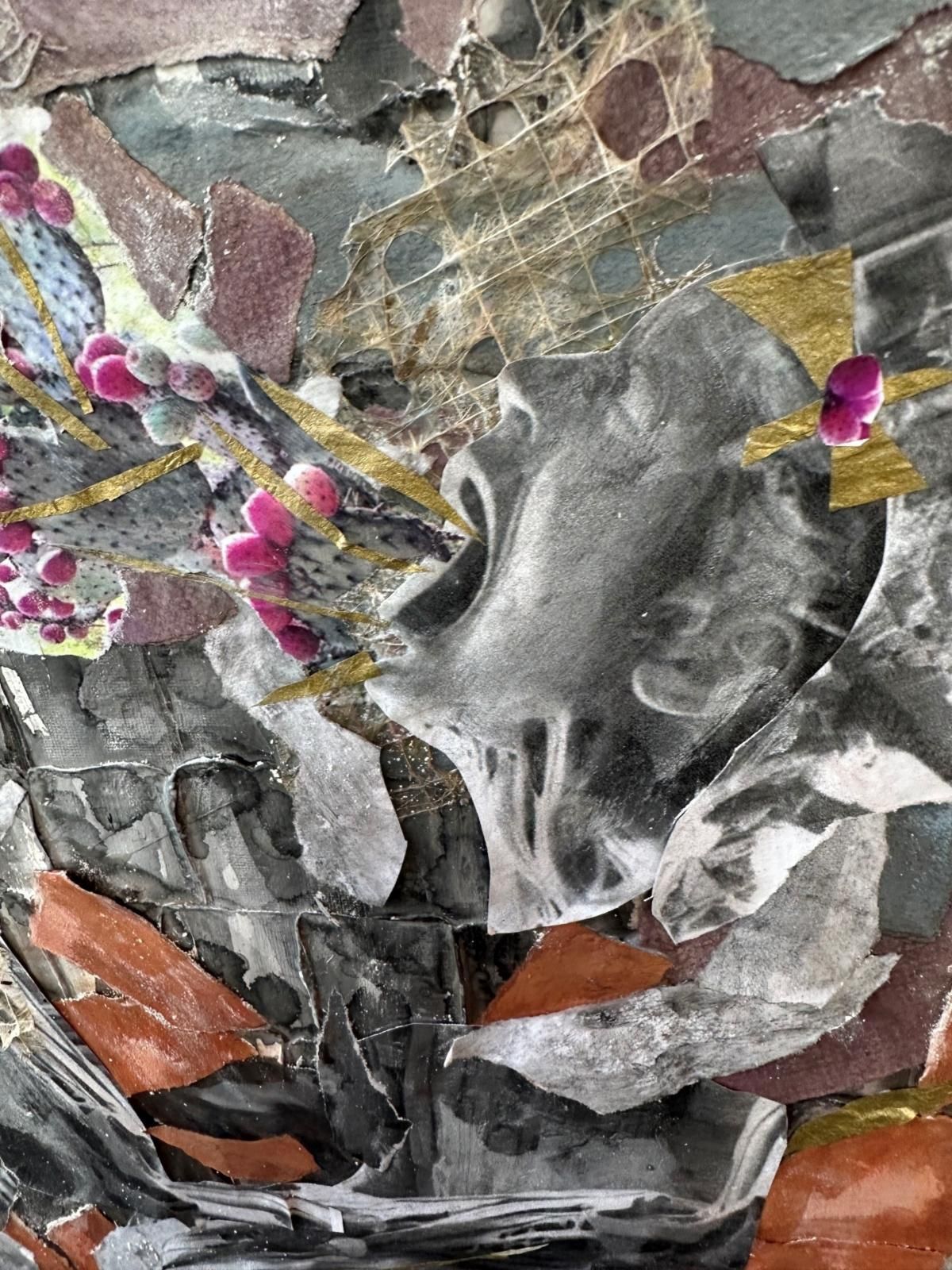
The Scream Echoes by Loren McGrail
“Resistance and change often begin in art,” wrote Ursula Le Guin, in her case thinking especially of the “art of words.” Art -- whether by word, image, sound -- has the power to create such change. How? Through revealing the truth of what is, fueling imagination for what can be, seeing into and through the dark, discerning the light, awakening the heart, reaching into the depth of, and cradling, our souls.
In times of violence, of suffering, of cruelty, human beings need the insights and imagination of artists. Think for a notable example of Vedran Smailovic, the cellist, who in 1992 sat in the ruined square of a downtown Sarajevo marketplace where 22 people had been killed while waiting for food. There for 22 days, Smailovic played Albinoni’s Adagio in G Minor.
Think for a current example of the Gazan poet, writer and professor Refaat Alareer. After Israel killed Refaat in a targeted air strike on Dec. 7, 2023, his poem, “If I Must Die," virtually circled the globe, now translated into close to 60 languages, inspiring many to fly kites as a sign of hope and resistance.
In these days of unthinkable violence and live-streamed genocide, art offers a medium for expressing the inexpressible, for conveying suffering while at the same time transcending it, insisting on the preciousness of our full humanity. In response to the ‘flour massacre’ in Gaza, for example, Ramone Romero, the Mexican American Christian artist whose art work opens this newsletter, wrote the companion poem, “Flowers in the Road,” which begins, “I heard it at night/I hadn’t yet believed/Or begun to fathom/But God wept in me. . .” Read the complete poem here. For another example, see this video Dear Child I that Chris Hedges, the Pulitzer Prize winning journalist, has created, a prayer offering for a child in Gaza.
Some UCC PIN steering committee members are expressing themselves through art, and have been sharing their artwork. Venson Jordan has written the poem, “Remember When,” which you can read here. In her collage, “The Scream Echoes,” Loren McGrail expresses the horror of it all, but also, captures with the pink flowers of a cactus, a Palestinian image of resistance, the promise of hope in the midst. May we all be inspired and sustained by such images of hope.
There is a reason why empires through their matrix of control try to silence poets, visual artists, film makers, musicians, and songwriters, like Victor Jara, for example during the reign of the junta in Argentina. In the words of Diego Rivera, artists are the “soldiers of the revolution,” and as Paul Robeson said, “gatekeepers of the truth.

